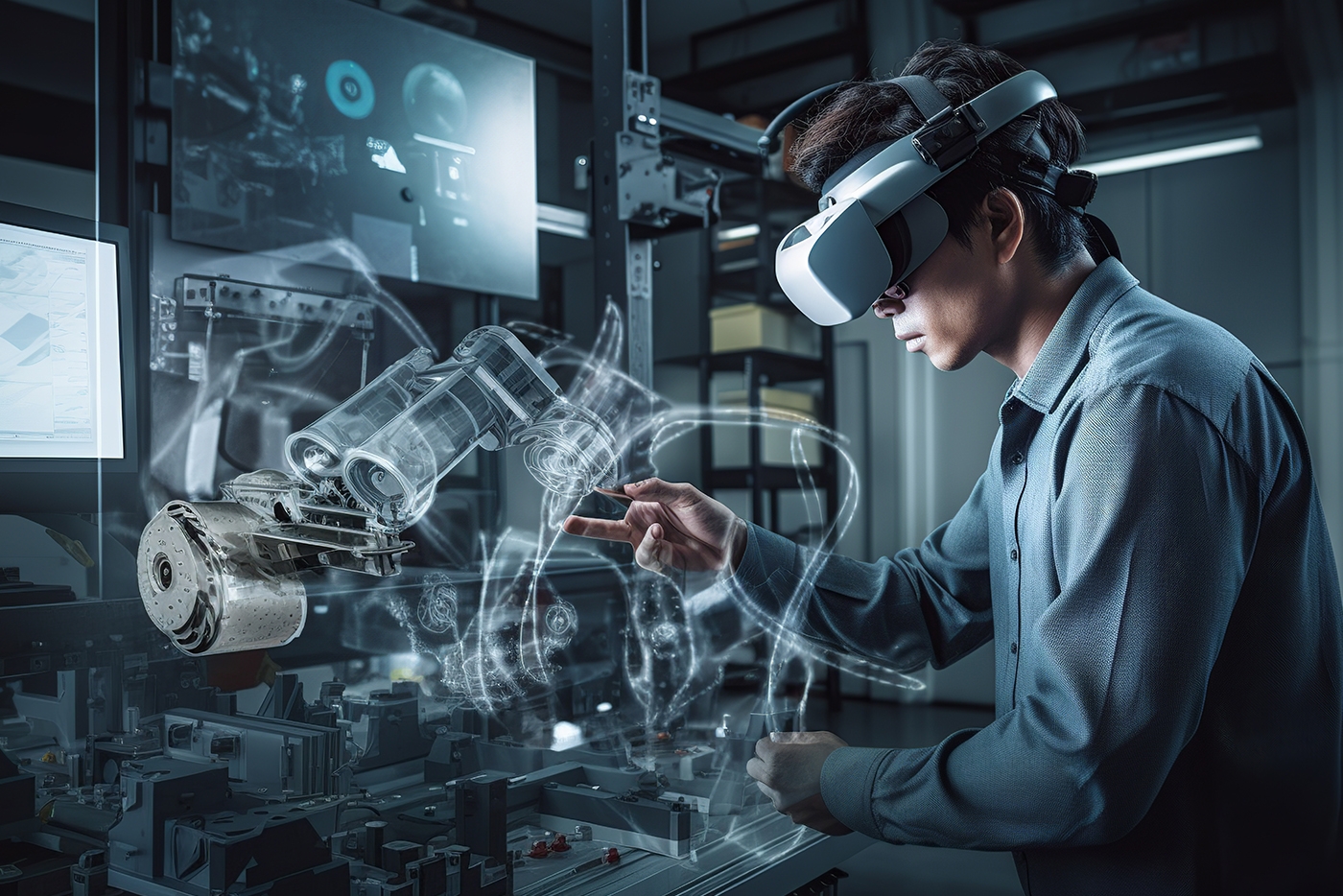The Impact of Generative AI for Manufacturing

Generative AI, a subset of artificial intelligence, involves algorithms that can generate new content based on the data they have been trained on. In the manufacturing sector, this technology is reshaping how products are designed, developed, and produced. The use of generative AI for manufacturing not only enhances creativity and innovation but also optimizes production processes by automating complex tasks that traditionally required substantial human intervention.
One of the most significant aspects of generative AI in manufacturing is its ability to create multiple design iterations rapidly. Engineers and designers can input specific parameters and constraints, and the AI system will generate various designs that meet these requirements. This process significantly reduces the time required for product development and allows for rapid prototyping, thereby accelerating the time-to-market for new products.
Moreover, generative AI helps in predictive maintenance and quality control, ensuring that machinery operates efficiently with minimal downtime. By analyzing vast amounts of data from sensors embedded in machines, AI systems can predict when a component is likely to fail and schedule maintenance accordingly. This preemptive approach not only extends the lifespan of machinery but also enhances overall production efficiency.
Key Advantages of Generative AI for Manufacturing
Generative AI offers numerous advantages that are transforming the manufacturing landscape. One of the primary benefits is the enhancement of design capabilities. With AI, manufacturers can explore a broader range of design possibilities than ever before. This leads to more innovative products, as AI-driven design processes can consider variables and constraints in a way that human designers might not.
Another advantage is the optimization of resource usage. Generative AI can help manufacturers reduce waste by optimizing the use of materials. By analyzing production processes, AI can suggest modifications that minimize material waste and energy consumption, contributing to more sustainable manufacturing practices. Such optimization is crucial in today’s environmentally conscious world, where sustainability is a key factor in business decisions.
Furthermore, generative AI enhances production efficiency by automating routine tasks and processes. Automated systems can handle repetitive tasks with precision and speed, freeing up human workers to focus on more complex and strategic activities. This not only improves productivity but also enhances job satisfaction by allowing workers to engage in more meaningful work.


